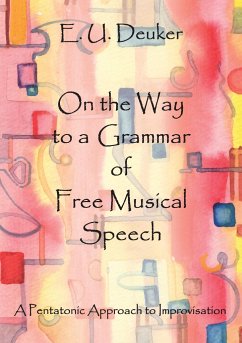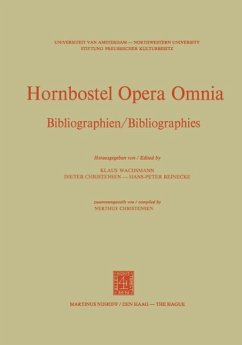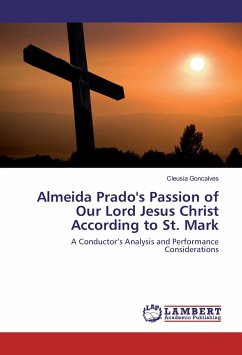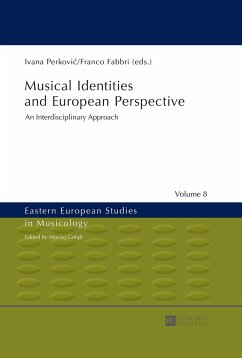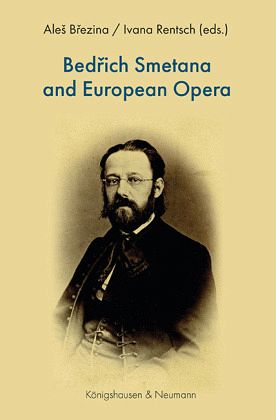
Bedrich Smetana and European Opera
Versandkostenfrei!
Sofort lieferbar
49,80 €
inkl. MwSt.

PAYBACK Punkte
0 °P sammeln!
Bedrich Smetana had a lasting influence on Czech opera history from the 1860s. As conductor at the Prozatímní divadlo (Provisional Theater) and as the composer of eight operas including Prodaná nevesta (The Bartered Bride) and Libuse, he championed Czech musical life in Prague throughout his life. How Smetana managed the balancing act between artistic ambition and practical possibilities with his operas is the subject of this volume. The aim is to place the composer and his stage works in the context of both European operatic practice and the institutional framework and political debates in...
Bedrich Smetana had a lasting influence on Czech opera history from the 1860s. As conductor at the Prozatímní divadlo (Provisional Theater) and as the composer of eight operas including Prodaná nevesta (The Bartered Bride) and Libuse, he championed Czech musical life in Prague throughout his life. How Smetana managed the balancing act between artistic ambition and practical possibilities with his operas is the subject of this volume. The aim is to place the composer and his stage works in the context of both European operatic practice and the institutional framework and political debates in Prague in the second half of the 19th century. In the three-part conception, Smetana's operatic aesthetics, which are to a large extent influenced by his experiences as a conductor at the Prozatímní divadlo, contemporary music theory, theatre practice and political ideals, take first place (Martin Nedbal, Arne Stollberg, Ivana Rentsch, Thomas Jaermann, Brian S. Locke). This will be followed bya second thematic area, the contemporary European opera repertoire in the Habsburg Empire and Smetana's engagement with it in the surviving sources (Axel Körner, Olga Mojzísová, Sandra Bergmannová, Milan Pospísil). As a counterpart to Smetana's European opera reception, the third part discusses the early reception of Smetana in Europe and beyond (David Brodbeck, Vincenzina Ottomano, Christopher Campo-Bowen, Michael Beckerman).




